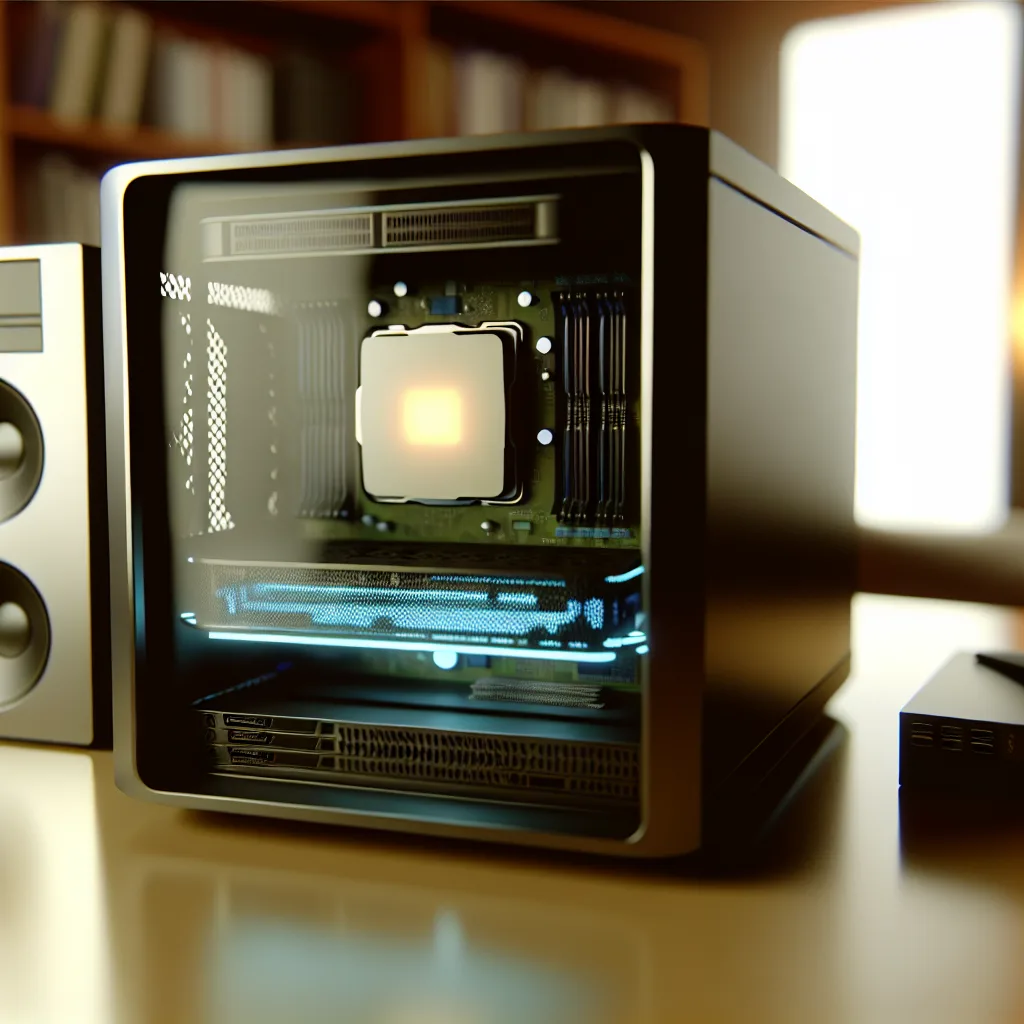Breaking down whether a Xeon setup fits your Proxmox, NAS, and media server needs
If you’re diving into the world of home lab setups, chances are you’ve wondered whether a home lab Xeon processor is really worth the investment. Maybe you’ve spotted some affordable servers with Xeons and decent RAM and thought, “Could this be my perfect build?” I’ve been there too, wondering if such a setup is practical, especially for running Proxmox, home automation (HA), and eventually some media server tasks. Let’s chat about what it all means and if it fits your needs.
What Makes Xeon CPUs Popular in Home Labs?
Xeon processors are server-grade CPUs known for stability, multi-core performance, and support for ECC RAM (which helps avoid data corruption). For many, these features feel like a natural fit for a home lab because they promise reliability and power. But that doesn’t automatically mean they’re always the best choice.
If your goal is to run a Proxmox environment, which is a popular hypervisor with container support, having plenty of cores and threads is handy for managing multiple virtual machines or containers smoothly. Xeons typically shine here, especially the models designed for multi-threaded loads.
How Does a Xeon Fare in a Home Lab Setup?
Here’s the thing about using a typical Xeon server in your home lab:
- Decent RAM is a plus: Most Xeon servers allow for lots of ECC RAM, so you get stability if your workloads need it.
- Storage: You mentioned you already have plenty of HDDs, so storage isn’t an issue. Xeon servers usually come with onboard RAID support, which helps with data redundancy — great for NAS-like setups.
- Transcoding without a GPU: This can be tricky. Xeon CPUs aren’t magic for video transcoding without a GPU. Software transcoding relies heavily on the CPU, and while some Xeons are powerful, they may struggle to keep up with multiple streams, especially high-definition content.
When you add a GPU later for media server tasks (like Plex or Jellyfin), your setup will be much more efficient. GPUs handle transcoding much better, freeing up CPU resources and making your media streaming smooth.
A Quick Look at Alternatives
If your budget is tighter or you want a more general-purpose box, there are alternatives to Xeon you might consider, such as AMD Ryzen or Intel’s consumer-grade CPUs with many cores. They might lack ECC RAM support, but for certain home labs, that’s an acceptable trade-off.
Still, the ruggedness and server focus of Xeon are comforting if uptime and reliability top your list.
Is a Xeon-Based Home Lab Right for You?
So, should you grab a Xeon for your home lab? Here’s a quick checklist to think about:
- Proxmox and Virtualization: Yes, Xeons are well-suited here.
- Media Server Usage: Great once paired with a GPU for transcoding.
- Storage and NAS Needs: Excellent, given RAID and ECC support.
- Budget: Generally pricier than consumer CPUs.
- Power Consumption: Server CPUs can be more power-hungry.
If you tick most of these boxes and want a stable, versatile setup, a home lab Xeon is likely worth it. Plus, there’s plenty of documentation and community support out there for running Proxmox and NAS on Xeon servers.
Wrapping It Up
In the end, the home lab Xeon choice depends on your specific use case. For virtualization, NAS, and eventual media server with GPU transcoding, Xeon offers a solid foundation. Just be mindful of the lack of GPU in the initial stage — transcoding will lean heavily on the CPU. Also, consider power costs and your budget.
For more insights, you can check out Intel’s Xeon processor lineup and the Proxmox official site.
If you’re curious about home lab setups in general and want some ideas, sites like ServeTheHome have tons of real-world builds and advice.
Hopefully, this helps you get a better sense of whether the home lab Xeon path suits your plans. Feel free to reach out with any more questions about setting up your own little digital corner at home!
